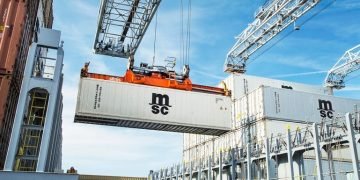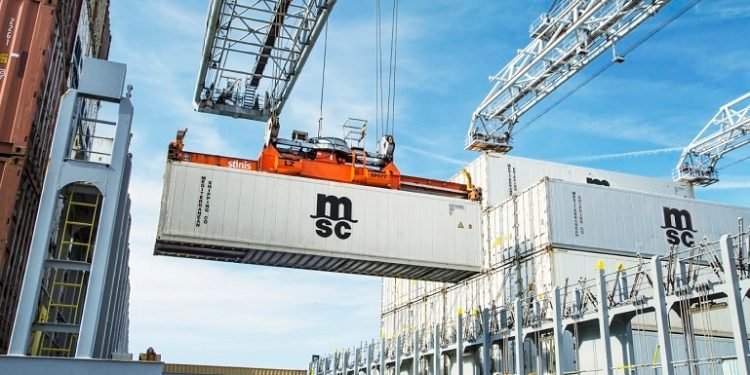By Maria Kalamatas | May 16, 2025
São Paulo —
It’s not the trucks that are late. It’s the cold.
As demand for temperature-controlled goods explodes in 2025—ranging from vaccines and chemicals to avocados and frozen seafood—global cold chain logistics is reaching a critical bottleneck. Not in speed. In storage, handling, and reefer capacity.
“We’ve never seen so many calls for space that we just can’t fulfill,” said the operations head of a leading Brazilian reefer carrier. “We have the cargo. We just don’t have the containers.”
According to Latin American trade analysts, reefer export volumes rose by over 19% year-on-year in Q1 alone, driven by expanding consumer markets in Asia and tighter food safety regulations. But reefer container production hasn’t kept pace. And with aging units still in rotation and fewer new builds post-COVID, the gap is starting to hurt.
The impact is immediate. Some shippers are being forced to downgrade shelf life. Others are delaying harvests or redirecting perishables to less profitable destinations. In Chile and Ecuador, fruit exporters are reporting spoilage rates nearly double those of last season.
The crisis doesn’t end at the port.
Many inland facilities aren’t equipped to handle extended reefer storage due to electricity costs or lack of backup systems. And delays at customs—especially in high-traffic ports like Santos and Cartagena—mean even refrigerated units are sitting longer than they should.
The result? More cargo claims. Higher insurance premiums. And growing frustration among retailers whose just-in-time cold chains were never built for this level of fragility.
Some logistics providers are responding with mobile cooling solutions and shared-space models. Others are turning to blockchain-based monitoring for temperature accountability. But these are short-term reliefs, not structural fixes.
Global reefer production is forecasted to rise by late 2025, but experts warn the crunch may get worse before it gets better—especially if El Niño-related disruptions strike key growing regions.
Because in cold chain logistics, when time fails, it’s not just money that spoils. It’s trust.





















